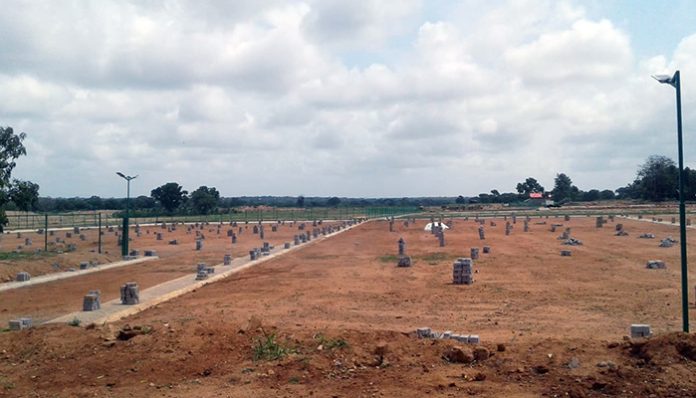One of Sri Lanka’s largest biodiversity zone, the Wilpattu National Park is slowly but steadily being denuded which will cause irreversible damage to the fragile ecological balance of the uniquely placed island nation activists have warned for long.
Now the Centre for Environment and Nature Studies (CENS) in Sri Lanka has accused- the park’s buffer zone is further destroyed with the connivance of the politicians.
CENS says the buffer zone is being cleared for Aloe Vera plantation. According to them and other activists, the deforestation activity is going on unmindful in the Rajanganaya village area in the Wilpattu Park’s buffer zone.
The National Organiser of CENS Ravindra Karyawasam in his press release has accused a private organisation (Avro Lanka) of causing serious environmental damage.The centre has assessed that up to 13,000 acres of forest land could have been destroyed.
The park’s buffer zone has been cleared for “an aloe vera plantation, a research institute, a big playground, a farm, and an industry” says Karyawasam.
As early as last year, part of the buffer zone was illegally destroyed for creating a pond points out Ravindra Karyawasam.
According to him, CENS has conducted an assessment of the damage caused to the environment and biodiversity due to deforestation and aloe vera planting on the 19th of February this year.
Although Sri Lanka has strict laws on protecting its biodiversity activists say it only exists on paper and in utter disregard to the laws, the Wilpattu National Park is being destroyed with the tacit support of the politicians it is alleged.
Research has shown the National park is home to 41 species of mammals, 29 species of fish, 17 varieties of frogs, and 149 different species of birds he points out.
As per CENS data, the area where the aloe vera plantation is planned now- by destroying the rich forest area is home to the elephants and other animals having Wilpattu as their habitat.
“Clearing the jungle where a large number of elephants live as herds and roam will seriously affect the livelihood of the elephants and also put the lives of the people in danger, as the pachyderms will enter human settlement areas searching for food and create a human-elephant conflict.”
“The areas around the Rajanganaya village are popular elephant treading tracks.”
Locals and activists who have visited the area say the water bodies in the Wilpattu National Park are being covered with sand enabling the facilities for growing aloe vera.
In the absence of immediate action to stop deforestation in Wilpattu, Sri Lanka’s ecological balance will be seriously affected which will have a chain reaction, Karyawasam warns.


